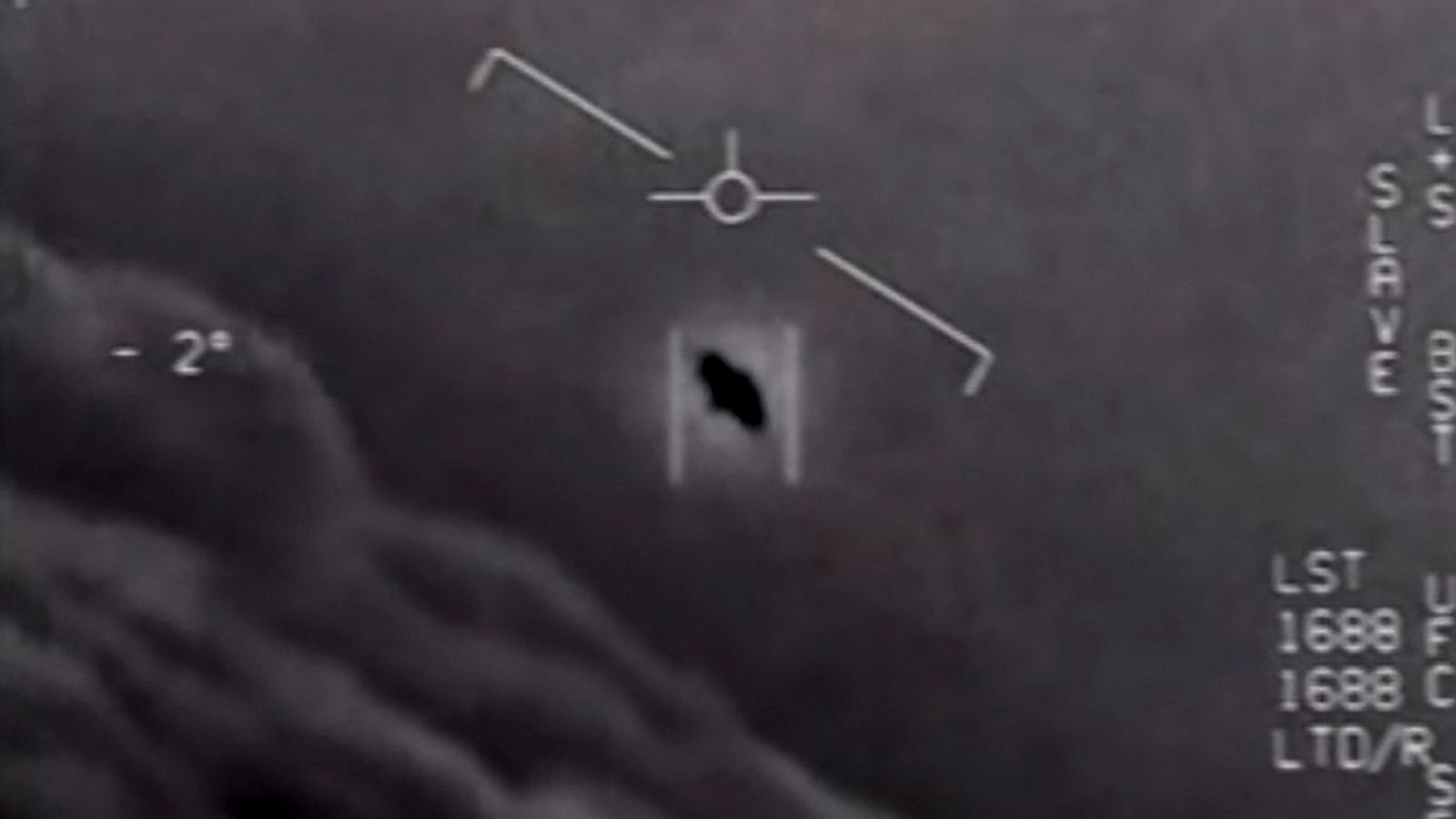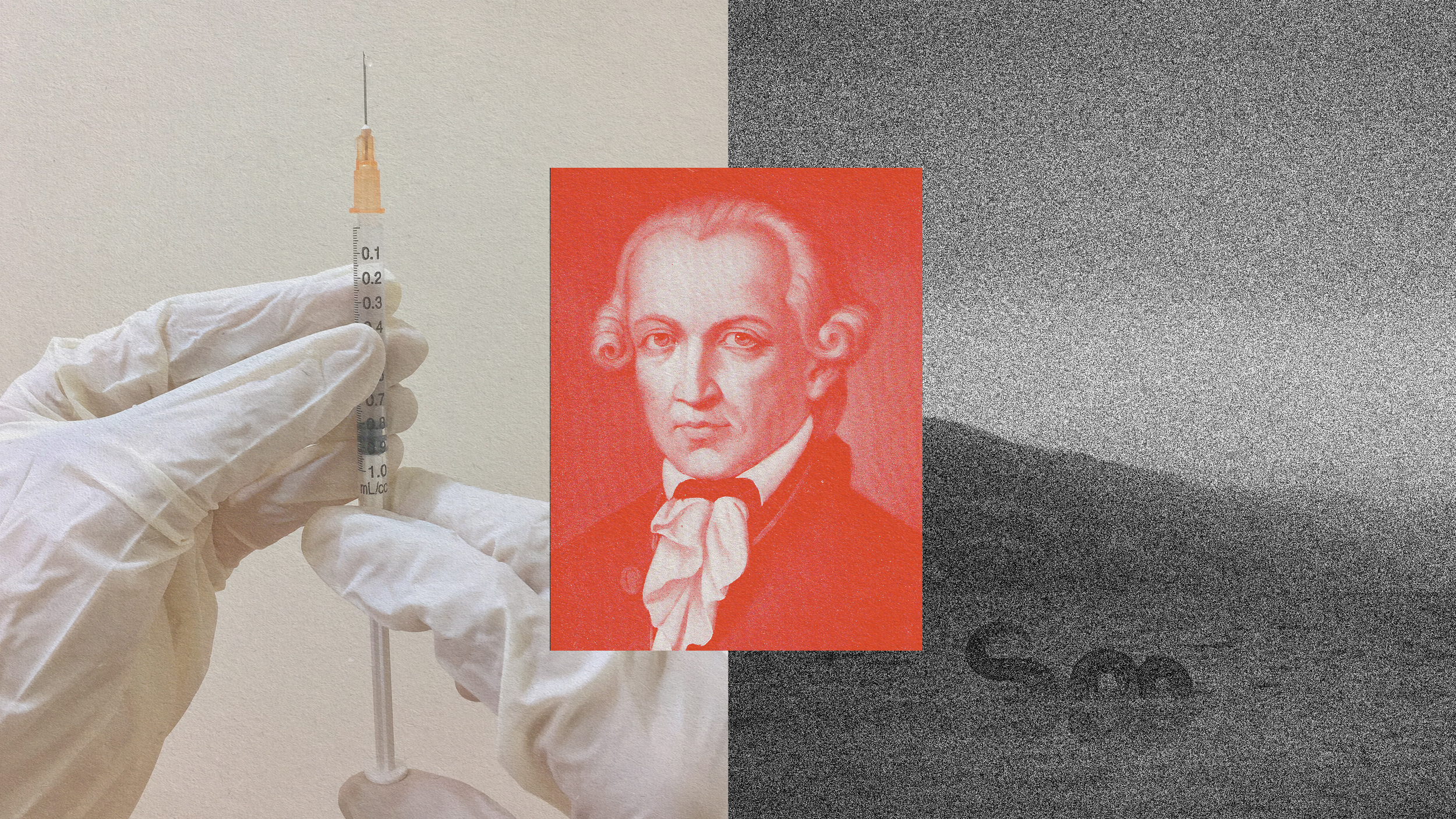Why is it that we remember exactly where we were on 9/11 or the day Kennedy was assassinated, but very little of what happened on the days surrounding such events?
Question: Why does memory appear random?
Gary Small: It seems that memory is random. Some things we recall better than others. It’s probably not random. It’s just that we don’t always understand what makes one experience more memorable than another. One way to wrap your head around this is to think emotional memory. Anytime we experience something in a heightened emotional state we’re more likely to remember it. For example, most of us who are baby boomer remember exactly what was happening to them the day that President Kennedy was shot, but it’s unlikely that we remember what was going on the week before or the week after, so there are experiences that taint or exaggerate certain memories that make them fix into our memory stores better than others.
Question: Why do memories change over time?
Gary Small: Often our memories seem to be malleable, that is they seem to change over time and I’ve had the experience. I’m sure many of us have had the experience where we go back to a place and we’re convinced that It’s on the other side of the street or they’re something different about it and yet that hadn’t occurred and what happens is that memory is basically stored in little neurochemical packets in the brain and there are a lot of physiological processes that can affect those neurochemical packets, so they can be changed and our memories can deceive us very often.





